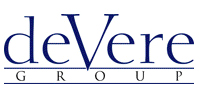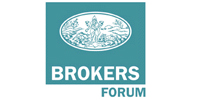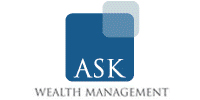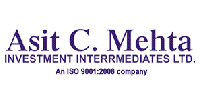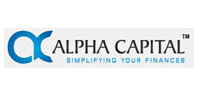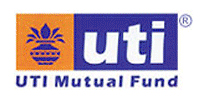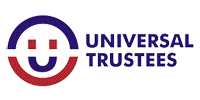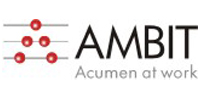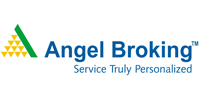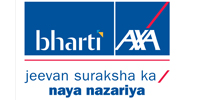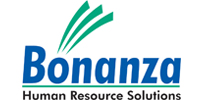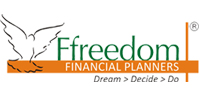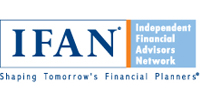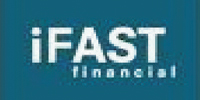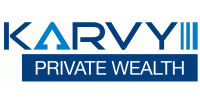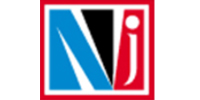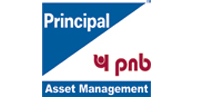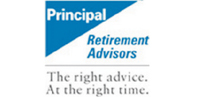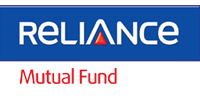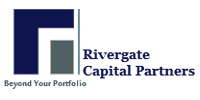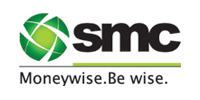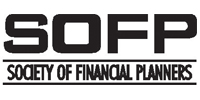The Chartered Economists® Program offers an aspiring certification that open doors for a student in Governmental Programs; Financial Institution, Management places of corporate bodies and Non-governmental associations & organizations.
The Chartered Economists® Program furnishes candidates with chances to build up the explanatory, analytical, functional and interpersonal skills & aptitudes vital to sound managerial decision-making in more and more complex economies and financial environment.
The Chartered Economists® Program is a proficient program intended to prepare students for a challenging and exciting career.
AAFM® dedication is to focus & prepare Chartered Economists Program students for high level career & professions in an increasing global economics and financial environment.This program is offered to qualified students who look to serve in a position of authority in economics. Attention is put on the coordination of organizational activities and how the different divisions and functions need to work in a deliberate push to optimize organizational output. The courses in this program focus on the introduction of procedures that give aptitudes & skills in analysis, decision-making and adequacy evaluation.
Program Goals
Economists typically do the following:
- Researching, analysing and interpreting information about economic performance, tax, and political decisions according to both national and international factors.
- Studying economic and statistical data in areas of specialisation, such as finance, labour, or agriculture.
- Compiling, analysing, and reporting data to explain economic phenomena and forecast market trends.
- Seeking to determine the implications of their findings and forecasting change.
- Preparing points of view used in forecasting trends and formulating economic policy.
- Advising Government and government-related bodies, industry, businesses, commercial institutions or investors.
- Apply economic analysis to issues within a variety of fields, such as education, health, development, and the environment.
- Some economists study the cost of products, healthcare, or energy. Others examine employment levels, business cycles, or exchange rates. Still, others analyse the effect of taxes, inflation, or interest rates.
- Study historical trends and use them to make forecasts. They research and analyse data using a variety of software programs, including spread sheets, statistical analysis, and database management programs.
- Collect and analyse data about the economy, including employment, prices, productivity, and wages among other types of data. They also project spending needs and inform policymakers on the economic impact of laws and regulations.
- Many economists work for corporations and help them understand how the economy will affect their business. Specifically, economists may analyse issues such as consumer demand and sales to help a company maximize its profits.
- Study and analyse a variety of economic issues. Their analyses and forecasts are frequently published in newspapers and journal articles.
- Helps understand a range of real life issues both on national and international scale
- Help make decision making, using cost benefit analysis
- Apply economic theory to predict potential outcomes
- Understand why some financial policies are being implemented by the Government and RBI.
- Understand all the working and motion of Global economy. So, next time there is a recession inthe market, you can be clear how it will affect you or why it is happening?
- Understand how diplomacy on Global Level help/hinder growth in your nation’s GDP/Economy.
Study Materials
- Chartered Economist® candidates get access to our proprietary Study Material which is accessible online.
- Chartered Economist Course provides extra books for better understanding of topics related to economics.
- The Registration Fee includes the online access to the AAFM’s Chartered Economist Learning System™.
- Guided overviews for each module, highlights key topics.
- Assessments identify topics a participant already knows and those areas that require more time and attention.
- More than 500 questions for continually testing knowledge and comprehension.
- Features real-life case study scenarios and questions to apply your knowledge.
Certificate Requirements
In order to become a Chartered Economist® Designation holder and enjoy the benefits of increased salaries, candidates must pass examinations of 115 minutes; have a bachelor's degree from an accredited institution at the time of grant of certification. To enroll for the program they need to be a graduate. Chartered Economist® certification examination is conducted by Pearson Vue across their Examination Centers. Chartered Economist® Certificate holders are required to follow to a strict code of ethics and rules that governs both their professional and personal conduct.
Curriculum of Chartered Economist®
The curriculum of Chartered Economist® consists of 6 Modules.
| Modules | Name of the Chapter |
|---|---|
| 1 – Applied Microeconomics | Fundamentals of Economics Demand and Supply Analysis Consumer Behaviour Producer Behaviour Forms of Market and Price Determination |
| 2 – Advanced Macroeconomics | Macro Economics Inflation Money Unemployment Economic Policy in Open Economy |
| 3 – Quantitative Techniques for Economics | Introduction to Mathematical Economics Game Theory Behavioural Economics Introduction to Econometrics Simple Linear Regression Model Multiple Regression Model |
| 4 – Statistical Techniques for Economics | Data and Statistics Balance of Payment Introduction to Probability Hypothesis Tests Time Series Analysis and Forecasting Index Numbers Statistical Methods for Quality Control |
| 5 – Industrial & International Economics | Introduction to Industrial Organization Theories of Firm Industry Concentration International Economy International Economic Indicators Balance of Payment Foreign Exchange Policy International Trade International Tariffs Trade Regulations and Industrial Policies Market Failure and Government Interventions International Economic Indicators |
| 6 – Applied Economics | Economic Policy Analysis Energy Economics Financial Economics Health Economics Industrial Economics Managerial Economics Petroleum Economics |
Apart from the above mentioned Modules of Chartered Economist Course AAFM provides some extra books which are widely accepted and studied by Economist and Economics scholars on International Economics, Mathematical Economics and Econometrics.
There is an examination a Candidate has to clear to meet the Academic Requirements of Chartered Economist® Certification Program
| Name of Examination | Duration | Module Covered | No. of Questions | Section A | Section B | Section C | Total Marks | Passing Percentage |
|---|---|---|---|---|---|---|---|---|
| Chartered Economist® | 115 Minutes | 1 to 5 | 55 | 30 | 15 | 10 | 100 | 50% |
The candidates who wish to undergo the Chartered Economist® Certification Program (the ‘Program’) have to get registered with AAFM® India. A candidate can register with AAFM® India through Online Mode or Offline Mode.
Fee Table For Chartered Economist
| Head | Resident Student | Overseas Student^ |
|---|---|---|
| Registration Fees$ | Rs. 40,000 + 18%GST | USD 1000 |
| Examination Fees% | 5000 + GST | |
| Certification Fees# | USD 100 | USD 100 |
|
%Payable at the time of Examination only The CWM® Certification fees payable on application of the certification will be payable Rupee Equivalent Amount of USD 100. For this purpose the USD/INR exchange rate of less than 50 paisa would be rounded to the next lowest rupee, and an exchange rate of 50 paisa or more would be rounded to the next highest rupee. #Payable once the candidate has passed all the required examinations and fulfilled the other criterions. The CWM® Certification fees payable on application of the certification will be payable Rupee Equivalent Amount of USD 100. For this purpose the USD/INR exchange rate of less than 50 paisa would be rounded to the next lowest rupee, and an exchange rate of 50 paisa or more would be rounded to the next highest rupee. $The registration is valid for 365 days from the date of activation of registration by AAFM India and the candidate is required to complete the certification within 3 Years from the date of activation of registration otherwise any completed Level shall stand nullified ^Please note In case of Overseas Candidate the courier cost of Courseware shall be borne by the candidate only Only Demand Drafts are accepted in favour of "AMERICAN ACADEMY OF FINANCIAL MANAGEMENT INDIA PRIVATE LIMITED" payable at New Delhi, India. Fees once Paid is non-refundable under any circumstances. Overseas Candidate can deposit the requisite Fee in the following Bank Account: |
| Company Name : American Academy of Financial Management India Private Limited | ||
| Bank Name : ICICI Bank | ||
| Branch Address : ITL Tower Branch, G 20, 21, PP Tower, Netaji Subhash Place, New Delhi 110034 | ||
| Account Name : American Academy of Financial Management India Pvt. Ltd. | ||
| Bank Account No : 135305000325 | ||
| Swift Code : ICICINBBCTS | ||
| IFSC/NEFT/RTGS Code : icic0001353 | ||

 Request More Information
Request More Information
